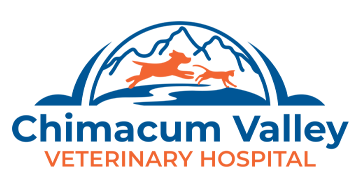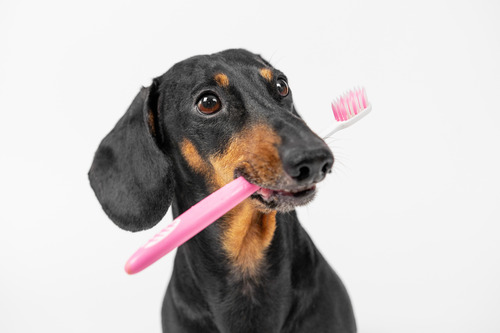When it comes to your dog’s overall health, regular teeth cleanings might not be the first thing that comes to mind. However, maintaining your dog’s dental health is essential to their well-being and longevity. Poor oral health can lead to discomfort, tooth loss, and even systemic health issues that affect the entire body. At Chimacum Valley Veterinary Hospital in Port Hadlock, WA, we’re committed to helping your pet live a longer, healthier life. If you have concerns about your dog’s dental health, feel free to call us at (360) 385-4488 or request an appointment online today.
What Are The Benefits of Regular Dog Teeth Cleaning?
One of the best ways to support your dog’s overall health is by prioritizing their dental care. Regular teeth cleanings not only protect your dog’s mouth but also provide benefits to their entire body. Here’s why dental care is essential for every dog:
- Prevention of Periodontal Disease: Periodontal disease is the most common dental condition in dogs. When plaque and tartar build up along the gum line, they create an environment where bacteria thrive, leading to gum inflammation and infection. Left untreated, this can cause tooth decay, gum recession, and even tooth loss.
- Reduction of Bad Breath (Halitosis): Dogs with dental disease often suffer from bad breath due to bacteria buildup. Regular cleanings help to control this odor by removing plaque and reducing bacterial growth, allowing your dog to have fresher breath.
- Prevention of Pain and Discomfort: Dental disease can be painful for dogs. Issues like gingivitis, abscesses, and tooth decay can cause constant discomfort. By prioritizing regular dog teeth cleanings, you can prevent the development of these painful conditions.
- Supporting Systemic Health: Oral bacteria can enter the bloodstream and impact vital organs, including the heart, kidneys, and liver. Regular dental care reduces these risks by keeping harmful bacteria levels low, thus protecting your dog’s overall health.
- Extended Lifespan: Dogs with healthy teeth and gums often live longer lives. Good oral health allows them to eat comfortably and enjoy a higher quality of life. Regular dog teeth cleaning can support their well-being for years to come.
Signs of Dental Issues in Dogs
Dogs often hide signs of pain, so it can be challenging to identify dental issues early. Here are some common indicators of oral health problems in dogs:
- Difficulty Eating or Chewing: If your dog seems to be chewing awkwardly or avoiding their food, it could be a sign of dental pain.
- Pawing at the Mouth or Face: Dogs experiencing oral discomfort may paw at their mouths or rub their faces against surfaces. This behavior often indicates irritation or pain.
- Red or Bleeding Gums: Healthy gums should be pink and firm. Redness, swelling, or bleeding can suggest gingivitis or advanced dental disease.
- Yellow or Brown Tartar Build-Up: Visible tartar on your dog’s teeth is an early sign of plaque buildup. This can lead to gingivitis or other periodontal diseases if not addressed.
- Drooling and Bad Breath: Excessive drooling and an unpleasant odor from your dog’s mouth can indicate dental disease or oral infections.
- Loose or Missing Teeth: Tooth loss is often a sign of advanced dental disease. If you notice any missing teeth or changes in your dog’s smile, a professional cleaning and evaluation may be necessary.
What to Expect During a Dog Teeth Cleaning Appointment
If you’re new to dog teeth cleaning, you might be wondering what to expect during an appointment at Chimacum Valley Veterinary Hospital. A thorough cleaning can help reduce plaque and protect your dog’s overall health. Here’s a breakdown of what usually happens:
- Pre-Cleaning Examination: Your veterinarian will first conduct an oral examination to assess the state of your dog’s teeth and gums. This may include checking for signs of inflammation, tartar, or any abnormalities that require further treatment.
- Anesthesia for Comfort and Safety: Dog teeth cleaning is typically done under anesthesia to ensure your pet’s comfort and allow your veterinarian to clean thoroughly. Anesthesia ensures a stress-free experience for your dog and allows the vet to reach all areas of the mouth effectively.
- Digital X-rays of the Oral Cavity and Teeth: Digital X-rays allow our veterinarians to examine the structures beneath the gum line, such as tooth roots and surrounding bone. This can help detect issues that aren’t visible to the eye, like infections, fractures, or impacted teeth.
- Plaque and Tartar Removal: Using specialized tools, your veterinarian will remove tartar buildup and polish your dog’s teeth. Removing plaque and tartar from below the gum line is essential to prevent the development of periodontal disease.
- Gum Health Check and Polishing: After removing plaque and tartar, your vet will polish your dog’s teeth, creating a smooth surface that discourages future plaque buildup. They may also perform a fluoride treatment to strengthen the teeth and reduce sensitivity.
- Post-Cleaning Examination and Advice: After the cleaning, your veterinarian will assess the health of your dog’s teeth and gums, looking for any signs of decay or other concerns. They will discuss follow-up care and provide recommendations for maintaining your dog’s dental health at home.
Daily Dental Care Tips to Support Dog Teeth Cleaning
Maintaining good oral hygiene for your dog at home is necessary in between professional cleanings. Regular at-home care helps prevent the buildup of plaque and supports your dog’s long-term health. Here are some tips to incorporate dental care into your dog’s daily routine:
Brushing Your Dog’s Teeth
Brushing your dog’s teeth may sound challenging, but it’s one of the most effective ways to maintain oral health. Use a dog-specific toothbrush and toothpaste, as human products can be harmful to pets. Start by letting your dog get used to the taste of the toothpaste, and then slowly introduce the brushing process. Aim to brush your dog’s teeth a few times a week to prevent plaque buildup.
Dental Chews and Toys
Dental chews and toys are excellent tools for keeping your dog’s teeth clean. These products are designed to scrape plaque off the teeth as your dog chews, offering both entertainment and health benefits. Look for products that are vet-approved to ensure they are safe and effective.
Dental Diets
Certain dog foods are formulated to help reduce plaque buildup and promote oral health. These foods often have a crunchy texture that assists in cleaning teeth as your dog eats. Ask your veterinarian if a dental-specific diet could benefit your dog.
Water Additives
Water additives can be another convenient way to support dental health. Many of these products are designed to reduce plaque and freshen your dog’s breath when added to their drinking water. Look for vet-approved options and follow the instructions for safe use.
How Often Should Dogs Have a Professional Teeth Cleaning?
The frequency of professional dog teeth cleanings depends on your dog’s specific needs, lifestyle, and overall health. Generally, veterinarians recommend annual cleanings to maintain optimal dental health. However, dogs with a high risk of dental disease, including small breeds and older dogs, may benefit from more frequent cleanings. During your pet’s next visit to Chimacum Valley Veterinary Hospital, ask our team for guidance on a cleaning schedule tailored to your dog’s needs.
Trust Chimacum Valley Veterinary Hospital for Your Dog’s Dental Health
A healthy smile isn’t just for appearances—good oral hygiene supports your dog’s well-being. Regular dog teeth cleanings can prevent painful dental disease, keep their breath fresh, and even protect their overall health. By prioritizing dental care, you’re taking a meaningful step to enhance your dog’s quality of life. At Chimacum Valley Veterinary Hospital, we’re here to support your pet’s health every step of the way. If you’d like to schedule a dog teeth cleaning appointment or have questions about at-home dental care, call us at (360) 385-4488 or request an appointment online today.





